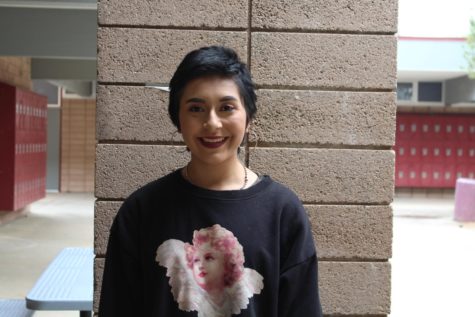The Unfair Advantages of Light-skinned People of Color
People from different ethnic groups come in a wide range of skin tones from dark brown to pale white. They also have many different “ethnic” looking features or even European features. This causes some of these minorities to experience racism or colorism, the systemic preference for individuals of color who have a lighter skin tone. Certain members of these minorities might experience different types of discrimination more than others because of the color of their skin or how “exotic” their features might be. Light-skinned minorities experience less discrimination compared to their darker-skinned minorities with more “ethnic” looking features. This happens because the lighter-skinned minorities are more white passing with Caucasian features, which makes them less prone to racism and colorism. This automatically makes lighter-skinned minorities have more privileges compared to their darker-skinned counterparts.
Light skin privilege happens in the movie industry because they are very colorist when casting. When a movie or show is casting an ethnic actor or actress, they tend to go for the one with more Caucasian features and light skin. For example, the show Grown-ish, a show about an African American girl and her journey through college and being independent, has an all black cast, which is great, but they are almost all lighter-skinned. According to Hello Beautiful, many dark-skinned African Americans criticized the show saying how it was colorist and preferred lighter-skinned blacks rather than dark-skinned. They also claimed that shows about college or school generally cast lighter-skinned actors or actresses. This could be a big punch in the face to darker-skinned blacks because it seems like the show is giving out the message that darker blacks are uneducated. This type of discrimination also happens in Latino shows, telenovelas, and movies where they often cast very light-skinned actors and actresses, to the point where they do not even look Latino and look more European. All in all, lighter-skinned minorities often are in favor when it comes to getting casted for the minority role in movies and shows.
This type of privilege also happens in everyday life, especially in socioeconomics. According to a study conducted by Harvard University, dark-skinned minorities, especially blacks, in the U.S. have lower socioeconomic status, more punitive relationships with the criminal justice system, diminished prestige, and less likelihood of holding elective office compared with their lighter counterparts. This means that darker African Americans have more negative interactions with the police, which prevents them from marginalization and avoiding discrimination. Additionally, police officers are more likely to pepper-spray, handcuff, or point a weapon at a darker-skinned Latino or black person during an encounter than they are to take any such actions with a white person, according to the National Bureau of Economic Research. This light skin privilege is also shown in length of prison time. A study conducted by Villanova University where they considered over 12,000 African American women imprisoned in Northern Carolina found that light-skinned women were sentenced to approximately 12% less time behind bars than their darker-skinned counterparts. Colorism in society comes with consequences for dark-skinned minorities.
Although lighter-skinned minorities have more advantages and overall privileges, this does not mean that they also do not face discrimination and racism; it just means that they experience less of it. Many minorities as a whole have faced hatred because of their cultures and traditions for it being too “exotic” including the lighter-skinned minorities. However, light-skinned minorities do need to realize their privileges in this world because they do not go through half of what dark-skinned minorities go through.
Hello there! Our goal is to provide relavent, engaging journalism for readers of all ages. Your donation will support the student journalists of the Wolfpacket at Claremont High School, and will allow us to purchase equipment, print our monthly issues, and enter in journalism competitions. We appreciate your consideration!














